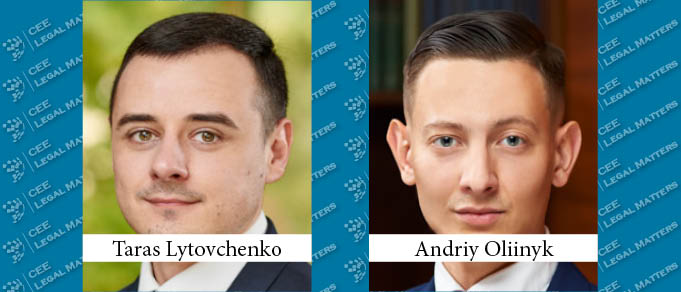On 14 July 2020, the Verkhovna Rada of Ukraine adopted the Law of Ukraine ”On State Regulation of Activities Related to the Organization and Conduct of Gambling”.
As provided by the Law, the main purpose of its adoption is the creation of the state-of-art and efficient regulatory framework to regulate the organization and conduct of gambling based on the comprehensive and systematic approach. Such an approach is committed to strike an optimal balance between the interests of the society, the market members and the state and also to create the conditions to fill the state budget.
An important novelty lies in the implementation of the exclusive list of gambling activities types allowed in Ukraine, in particular:
- organization and conduct of gambling in casino gambling establishments;
- organization and conduct of casino gambling through the Internet;
- organization and conduct of the bookmaker's activity through the bookmaker's centers;
- organization and conduct of the bookmaker's activity through the Internet;
- license to organization and conduct of gambling in the slot machine halls;
- lottery issuance and holding;
- organization and conduct of poker gambling through the Internet;
- licensing of activity on providing services in the sphere of gambling.
The Law establishes the list of requirements to the organizers of gambling, in particular, it sets out firm requirements to their financial condition to ensure their financial stability and guarantee the payment of winnings; furthermore, special requirements as to the compliance of the gambling equipment to be used for gambling with common international standards are set.
The majority of provisions of the respective Law will become effective from the date following the date of its publication.
By Taras Lytovchenko, Counsel, and Andriy Oliinyk, Junior Associate, GOLAW
